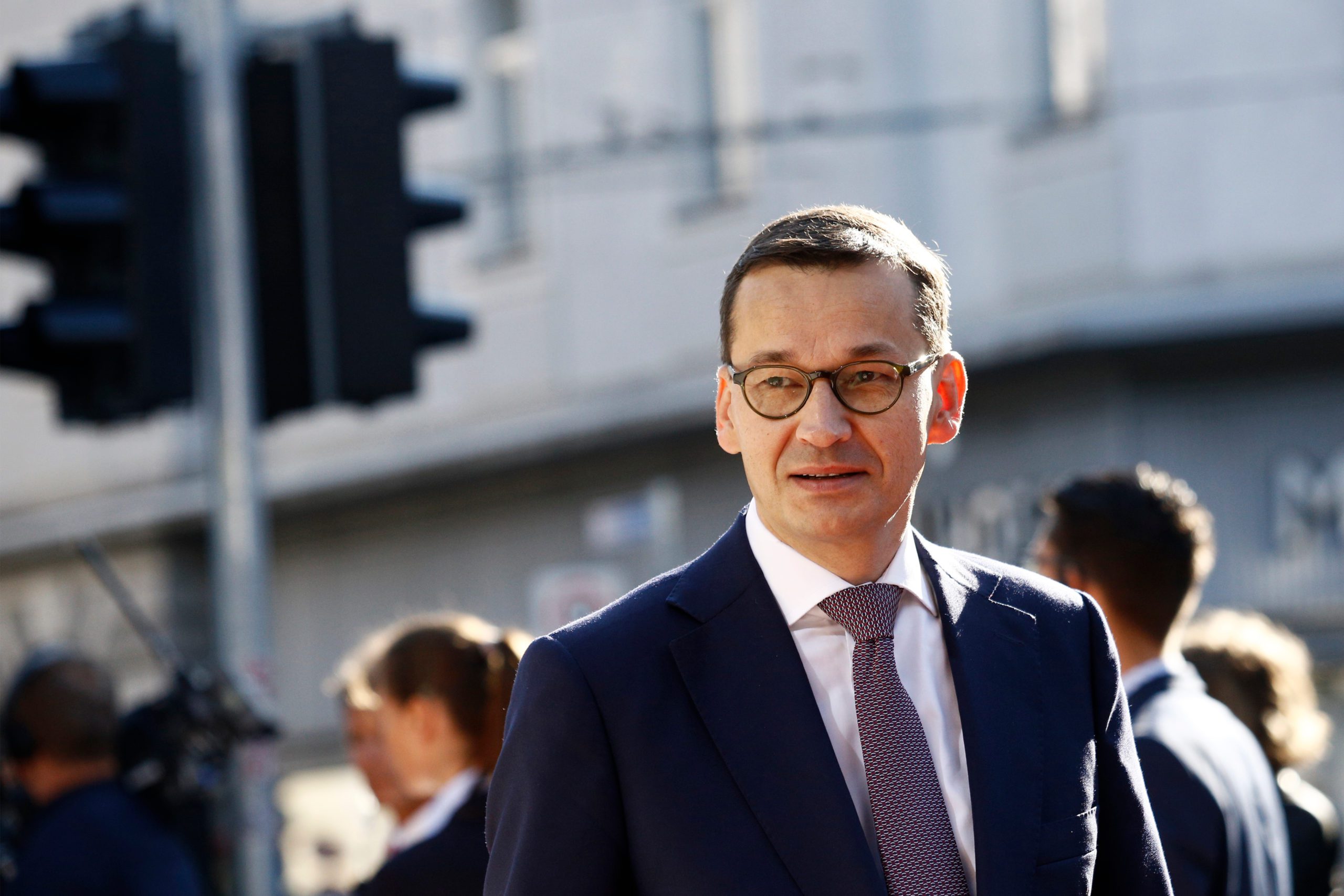
Following six months of strained relations that came in the wake of the onset of the Russo-Ukraine War, Polish Prime Minister Mateusz Morawiecki has voiced his desire to strengthen ties with Hungary and resume multilateral cooperation with the Central European countries of the Visegrád bloc.
The Polish prime minister’s statements, published earlier days ago in the weekly political news magazine Sieci, came in response to a question where he was asked if Poland’s friendship with Hungary had ended due to divergent responses to the Russo-Ukraine War, and whether there was any chance of unfreezing Visegrád Group activities, the Warsaw-based news outlet Do Rzeczy reports.
Speaking on Visegrád Group’s recent ideological split—with Poland, Czechia, and Slovakia on one side, fervently backing US, UK, and Brussels-led sanctions against Russia and arms shipments to Ukraine, and Hungary on the other, refusing to take part in either out of concern for its national interests—the Polish prime minister had this to say:
The attitude toward the war has indeed divided us strongly. But I think that in the course of time all the other issues in which we have shown solidarity, understanding, and support will bring us firmly back together. I would very much like that.
Morawiecki then underscored that the Visegrád Group—a cultural, economic, and political alliance that has allowed Central Europe to more forcefully assert its unique perspective and interests in the face of left-liberal dominance within the EU—has “enormously strengthened” its individual countries.
“That is why our group persists despite different governments, sometimes very different, in different countries,” he noted.
Later on in the interview, when asked whether regular meetings between the four Central European governments would resume, the Polish prime minister replied:
I intend to try to work out a formula in which, clearly naming the divergences, respecting the sensitivities of our Ukrainian friends, we can return both to cooperation within the V4 and to joint activities with Hungary in those areas where we share values and interests.
Morawiecki’s statements represent a ray of hope that Poland and Hungary, the axis of the Visegrád group, will not be further divided over the war in Ukraine. Hungarian Prime Minister Viktor Orbán has previously expressed that the Russo-Ukraine War had “shaken Polish-Hungarian cooperation.”
Last month, while describing how the war has affected the previously iron-clad, anti-liberal alliance between Hungary and Poland, Orbán said that contrasting positions boiled down to “a matter of heart,” since Hungarians view the war as a war between two Slavic nations, while the Poles feel as though they are a party to the conflict.
